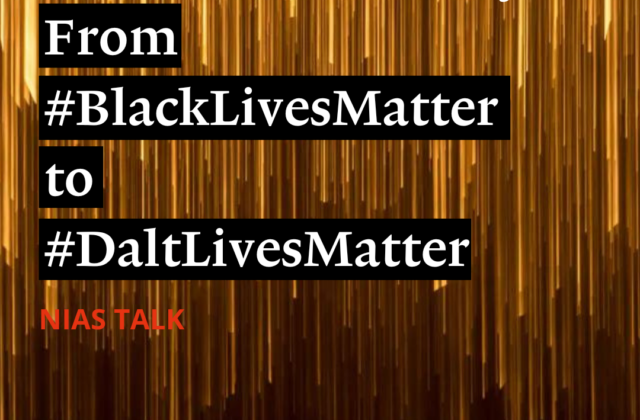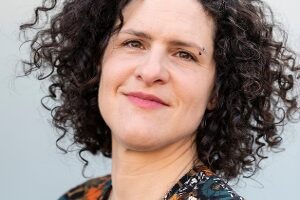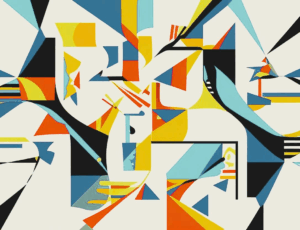Recent NIAS-alumni Manuela Ciotti and Stefania Milan propose to analyse #DLM as a ‘site’ featuring textual and visual narratives that interweave symbols of the Civil Rights and Dalit movements, and episodes of brutal violence against Dalit and African American populations in India and the US, respectively.
Data containing #DLM shows the fleeting and ambiguous digital lives of some of its users and their voices. On the one hand, these voices challenge “data universalism”. On the other hand, data visualization of the use of #DLM reveals that the ways in which the voices in question narrate the politics of death and violence produced along the lines of caste and race in India and the US on Twitter, are all but intuitive.
While such voices appear to largely emanate from South Asia, they privilege racial violence in the US over caste crimes in India. In other words, data visualization shows #DLM to function as an ‘epiphenomenon’ of the Black Lives Matter movement. In this way, the act of being vocal about violence against Dalits and invoking social justice from the global south might paradoxically further geopolitical and other inequalities, raising fundamental questions on issues of inequality across digital and physical worlds.
About the speakers
Manuela Ciotti is Professor of the Social and Cultural Anthropology of the Global South at the University of Vienna where she leads the research team ‘Sedimented visions’. She is currently a Fellow at the Netherlands Institute for Advanced Study (NIAS). Her research focuses on inequality and the politics of art, materiality and representation across the global south and north. She was recently awarded an ERC Advanced Grant for the project: The anthropology of the future: An art world perspective (ANTHROFUTURE).
Stefania Milan is Professor of Critical Data Studies at the University of Amsterdam’s Department of Media Studies, a Faculty Associate at the Berkman Klein Center for Internet & Society, Harvard University and a Fellow at the Netherlands Institute for Advanced Study (NIAS). She works on the interplay between technology and society and the possibilities of self-organization, emancipation, and autonomy that digital infrastructure opens up. She leads the NWO-funded project Citizenship and Standard-Setting in Digital Networks.




